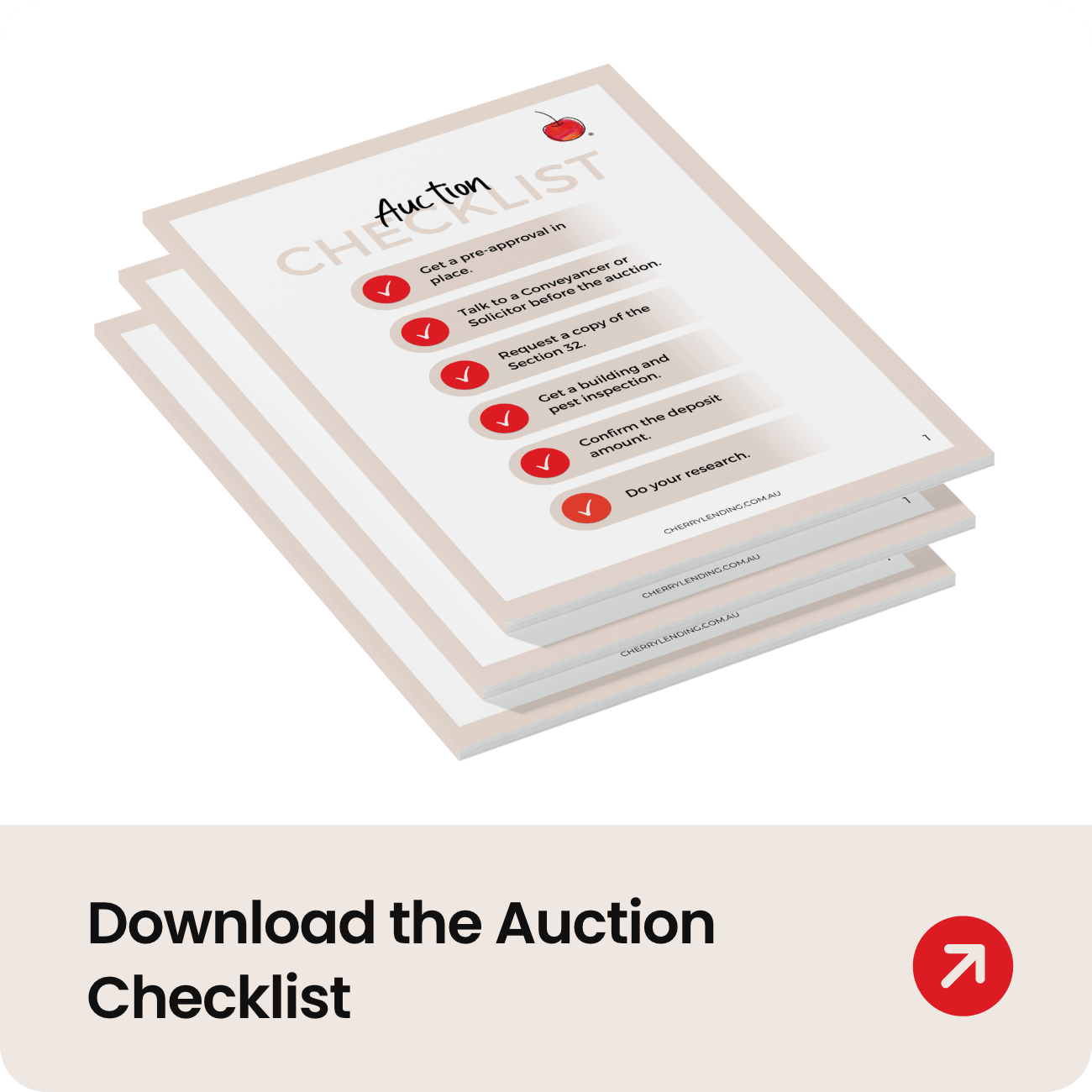When it comes to the world of real estate, buying at auction is an entirely different ball game when compared to a private sale – so what are some of the rules?
A real estate auction is a public sale of a property usually conducted by an estate agent acting as an auctioneer, and is governed by strict rules. The auction is advertised for a specific place, time and date. Prospective buyers bid and the property is offered to the highest bidder at the seller’s discretion, which of course is usually the most attractive reason for vendors to sell property using this method.
For a potential buyer, buying at auction can be a nerve wracking and yet thrilling experience. Many think of the process as figures flying back and forth, an auctioneer talking at the speed of light and paddles going up left, right and centre. If you understand the rules and regulations that surround buying at auction in Victoria, the excitement buzzing through the air can fill you with inspiration as opposed to fear.
While each state and territory have its own set of laws linked to the auction process, this article outlines some of the basics when it comes to buying at auction in the Garden State.
An Introduction To Buying At Auction In Victoria
In Australia, an auction is a single event, as opposed to a private sale treaty which is an ongoing process. There is usually a reserve price that the vendors will have in place for any property auctions, which is essentially the minimum price that they will sell the home for. If your bid exceeds the reserve price and you are the highest bidder, you will then sign the contract of sale on the spot and have available to pay the negotiated deposit amount. The deposit amount could be anything from 5% to 10% depending on what you have agreed to pay with the vendor. This signals the start of the settlement period. However, if the property does not go above reserve you may have the opportunity to enter negotiations with the vendor or their agent. The opportunity to do this usually sits with the last person who made the highest bid.
Victorian state law also states that a copy of the rules and conditions that are to apply to a public auction be made available for public inspection. Generally, they are available for viewing at a reasonable time before the auction starts, and in any case not less than thirty minutes before the auction commences.
Although it is illegal to disrupt an auction, you are permitted to ask the auctioneer a reasonable number of questions during the auction about the property, the contract, or the auction. If you are bidding, you can also ask the auctioneer to indicate who else made a bid.
Before bidding starts, the auctioneer must inform bidders about the following:
- The auction will be conducted according to the auction rules
- That bids will not be accepted after the fall of the hammer
- Bidders will be identified on request
- It is against the law to make a false bid, hinder another bidder, or in any way intentionally disrupt an auction
- Substantial fines apply to anyone who engages in illegal auction conduct
- Whether or not there will be vendor or co-owner bids
- Any additional conditions that apply to the auction.
Before you attend an auction with the intent of buying, you should inspect the property yourself, or at least have a buyer’s agent do so on your behalf. If a seller has decided to accept pre-auction offers, then you can make an offer prior to the auction and the settlement process will be similar to that of a private sale.
In Victoria, the law allows vendors (sellers) to choose to have bids made for them by the auctioneer. If this is the case, it will be stated as the first rule applying to the auction. However, these bids cannot be made for a co-owner intending to bid to purchase the property from their co-owner or co-owners.
The auctioneer can only make a vendor bid if –
- The auctioneer declares before bidding starts that the auctioneer can make bids on behalf of a vendor, and states how these bids will be made; and
- The auctioneer states when making the bid that it is a bid for the vendors. The usual method for an auctioneer to indicate that the auctioneer is making a vendor bid is to say ‘vendor bid’ in making the bid.
If you purchase a property that has been offered for sale by public auction either at the auction or within three clear business days before or after the auction, there is no cooling off period. This is arguably one of the biggest factors to consider when buying at auction in Victoria, as the process is very much an ‘all in vs nothing’ type approach – once you buy, you’re locked into the deal. Needless to say, it’s never a good idea to consider buying at auction if you don’t have your finances sorted and a pre-approval in place.
Keep in mind that this is only a brief summary as to some of the laws that apply to buying at auction in Victoria. For a full comprehensive guide, refer to the Sale of Land Act 1962 or the Sale of Land (Public Auctions) Regulations 2014 which can be found via the state government’s legislation online resources.
Get The Right Finance Advice The First Time
With a background in banking, finance, business development and project management, there’s no better advocate to have on your team than Nikki Berzin. As a fully qualified mortgage broker and director of Cherry Lending & Finance, Nikki is passionate about all things finance, and empowering her clients with the tools to hit their property goals is what she does best.
If you’re looking to get into your first home, purchase an investment property or even want to look at your options for refinancing, the first step is starting the conversation. Get in touch with Nikki today, or call her directly on 0427 374 155 to bring your mortgage dreams to life.
Disclaimer: Your full financial needs and requirements need to be assessed prior to any offer or acceptance of a loan product. Subject to lenders terms and conditions, fees and charges and eligibility apply.





